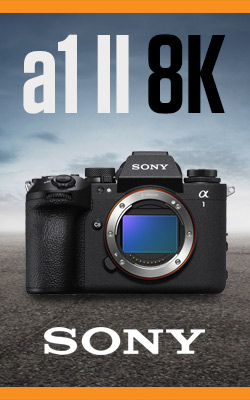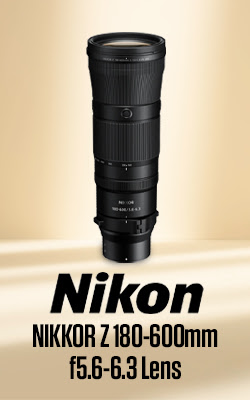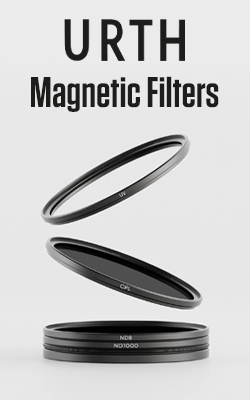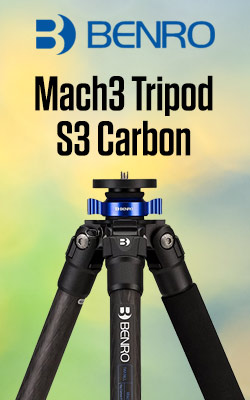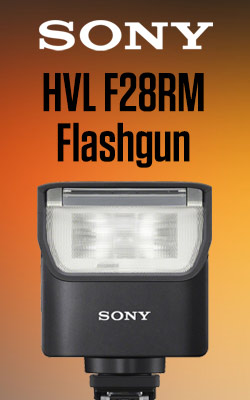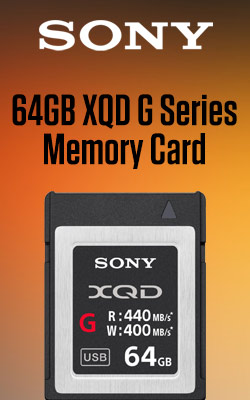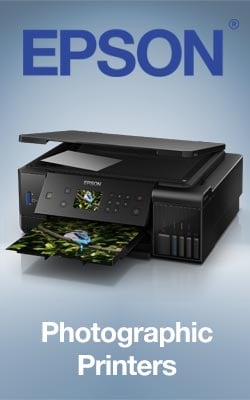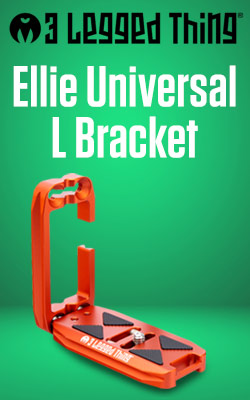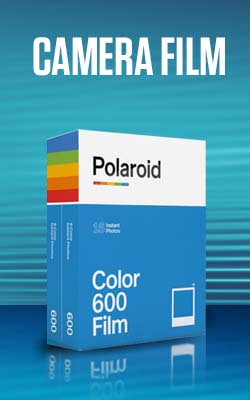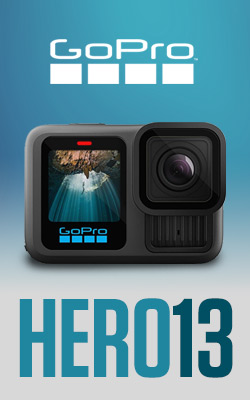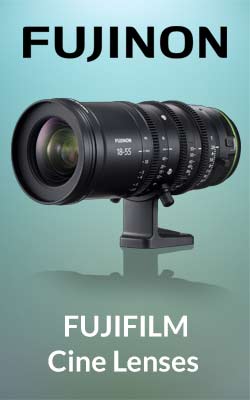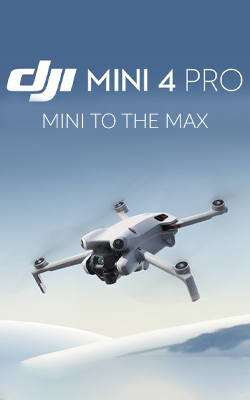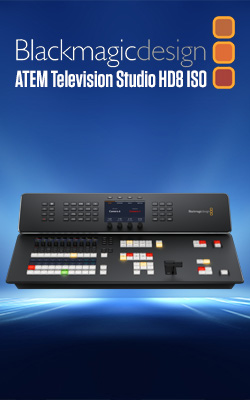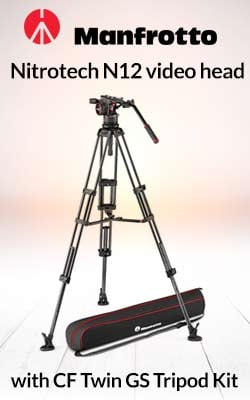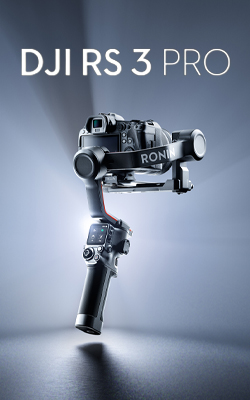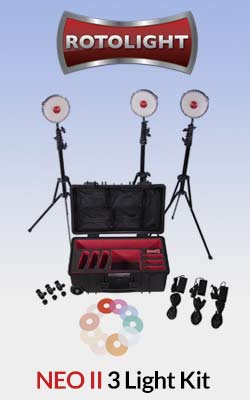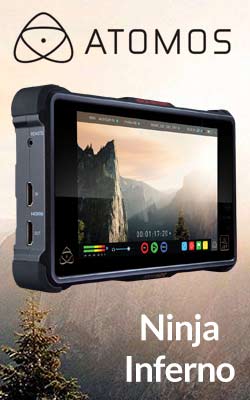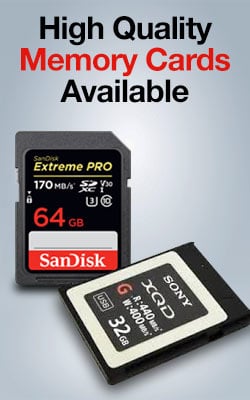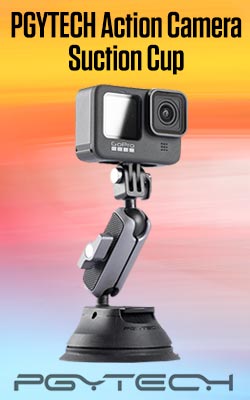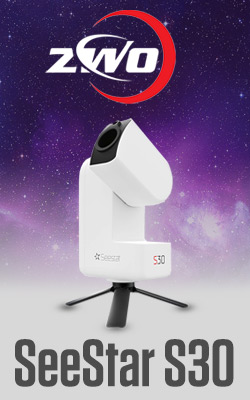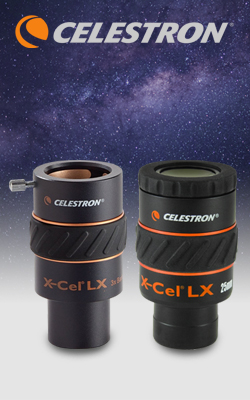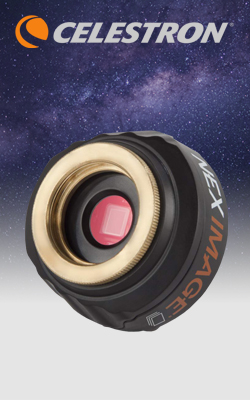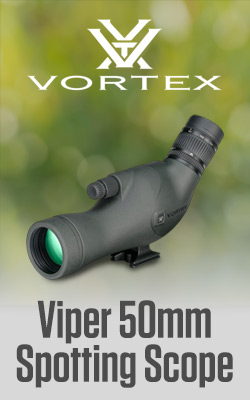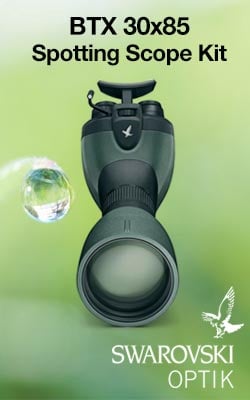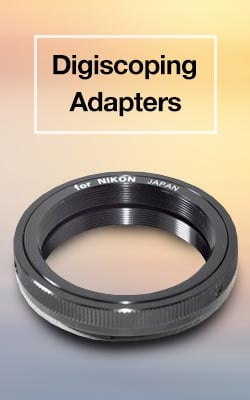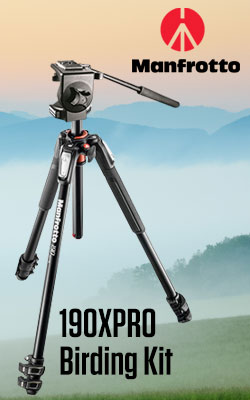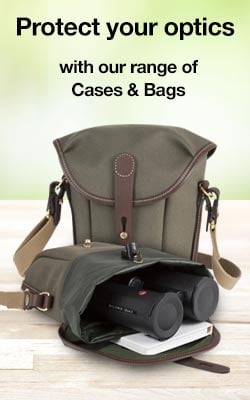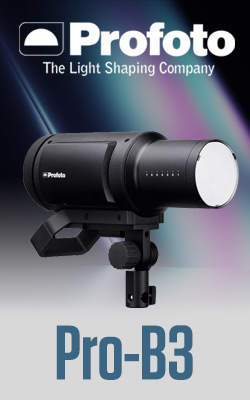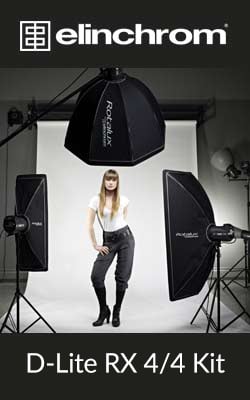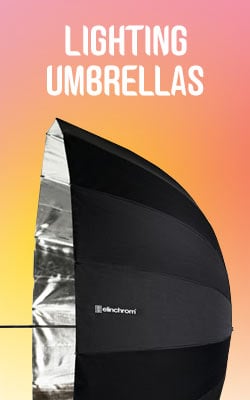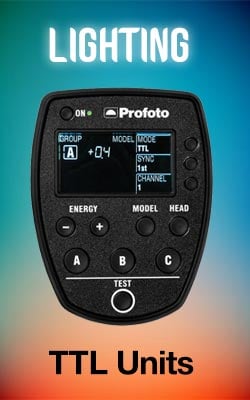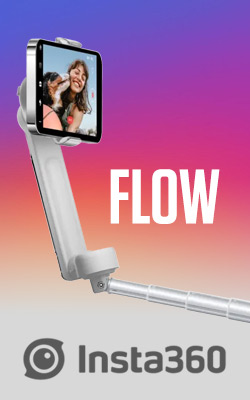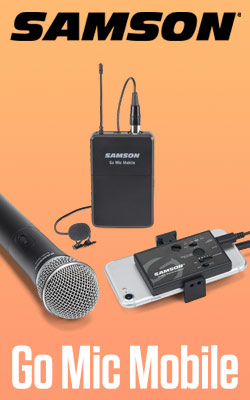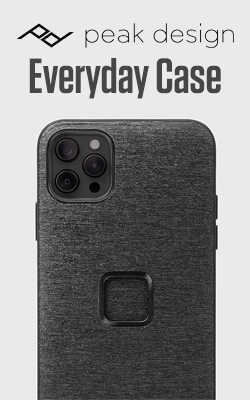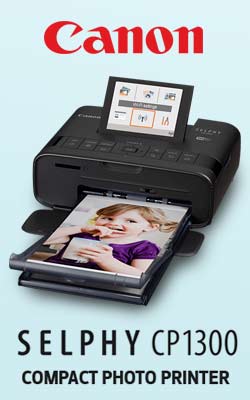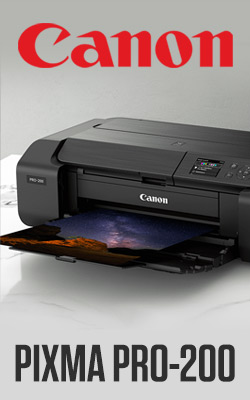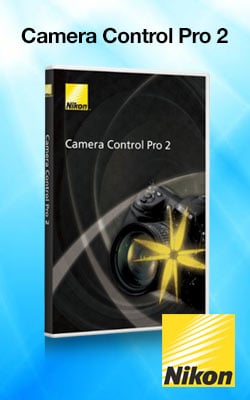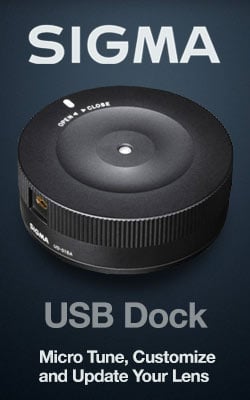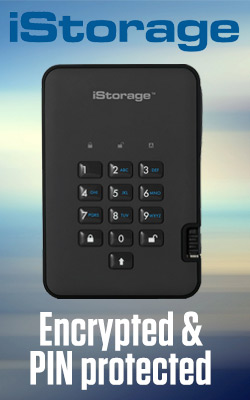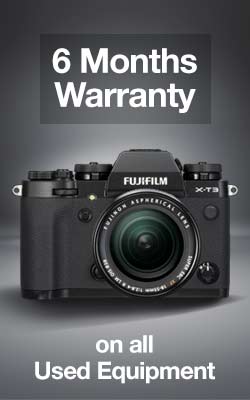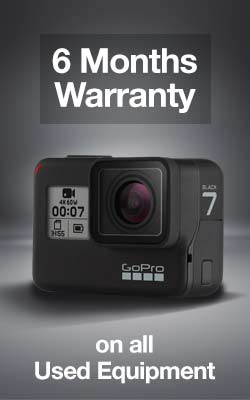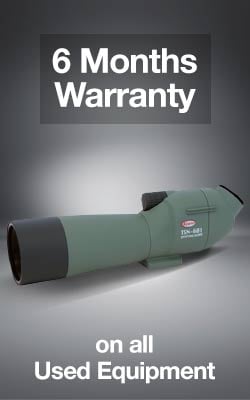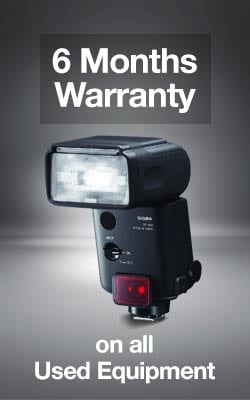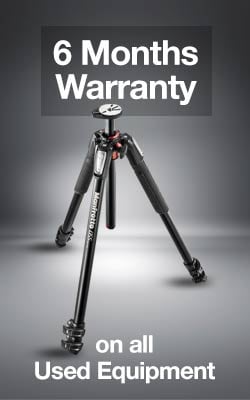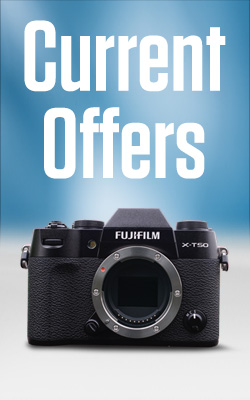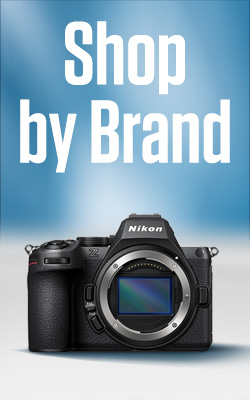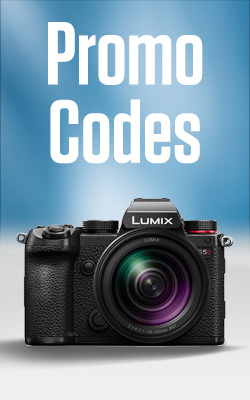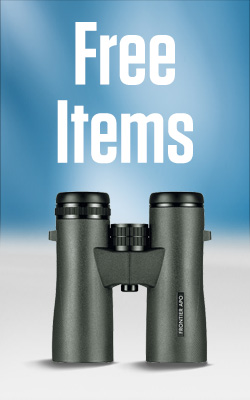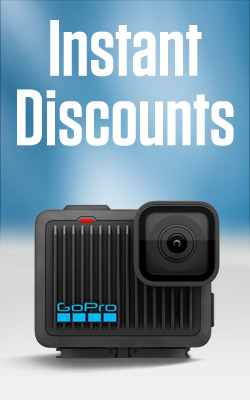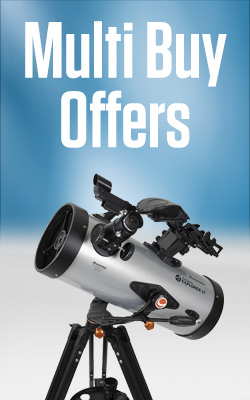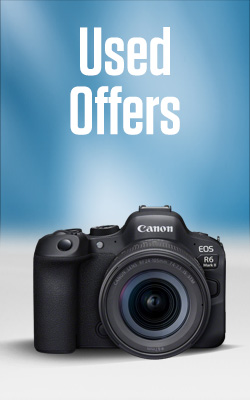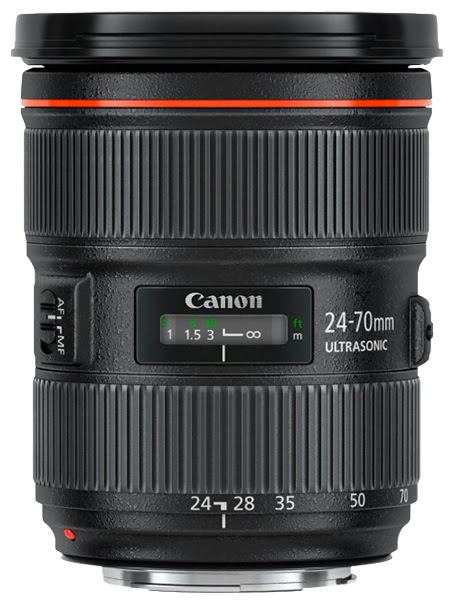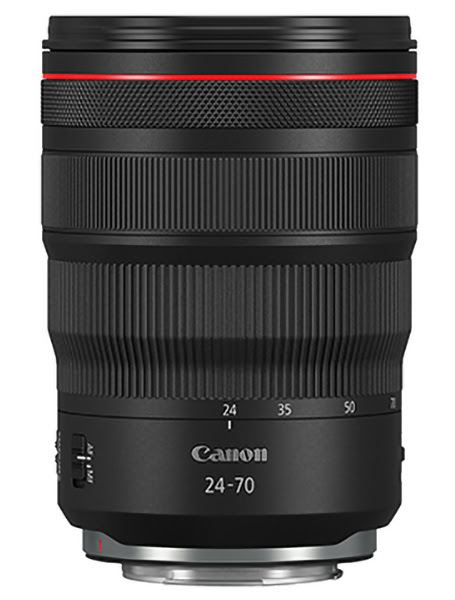Canon 24-70 f2.8 EF vs RF
Canon EF 24-70mm f2.8L II USM Lens Vs. Canon RF 24-70mm f2.8 L IS USM Lens
Both the EF and RF versions of this lens are an ideal standard zoom for professionals.
Beyond the optical differences, the RF 24-70mm lens is lighter than its counterpart and features built-in Image Stabilisation, both great for handheld photography and videography. Plus, the RF lens’ design includes a function ring, perfect for assigning something like ISO, aperture, or shutter speed when making videos. Furthermore, the RF lens has a minimum focus distance of 21cm to the EF’s 38cm, making the Canon RF 24-70 better for macro work.
In photos, the RF 24-70 produces more pleasing out-of-focus backgrounds with creamy bokeh compared side-by-side with the EF II. The RF lens also maintains its sharpness at the edges of images, not a big thing for some shooters, but if you’re doing product photography or using the zoom lens for portraits at different focal lengths it may be worth considering. The newer RF lens also has sharper subjects at a distance, ideal for landscape shots where mountain ranges won’t blur. Due to the time since the EF II came out, the RF also produces more pleasing colours and contrast in its shots.
A look at the zooming of the lenses shows the RF lens to have minimal focus breathing, while the EF 24-70 II is quite visibly an issue, worth noting for videography or image stacking.
All of this highlights the Canon RF 24-70mm f2.8 L IS USM Lens as a step above its predecessors, particularly if you’re looking to shoot video or don’t want to fork out for a set of primes, or if you need a versatile lens for retaining sharpness and depth at higher ISO.
Compatibility
Built for DSLRs, the Canon EF 24-70mm f2.8 L II lens is heavier than its successor. It is compatible with the 5D Mark III, 6D, Canon 7D Mk II and other Canon DSLRs. To use the EF 24-70mm on a mirrorless camera you will need the Canon EF to EOS R Mount Adapter.
The Canon RF 24-70mm f2.8 L lens is designed for a mirrorless system, meeting compatibility with the R10, R100, R50, R8 and other Canon EOS R mirrorless cameras.


